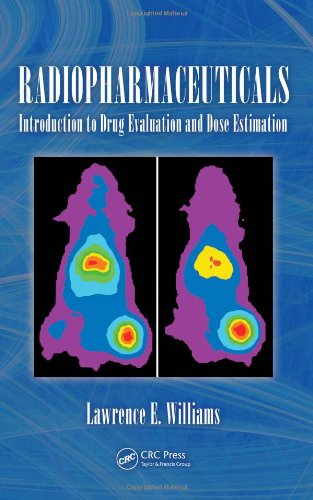

Most ebook files are in PDF format, so you can easily read them using various software such as Foxit Reader or directly on the Google Chrome browser.
Some ebook files are released by publishers in other formats such as .awz, .mobi, .epub, .fb2, etc. You may need to install specific software to read these formats on mobile/PC, such as Calibre.
Please read the tutorial at this link. https://ebooknice.com/page/post?id=faq
We offer FREE conversion to the popular formats you request; however, this may take some time. Therefore, right after payment, please email us, and we will try to provide the service as quickly as possible.
For some exceptional file formats or broken links (if any), please refrain from opening any disputes. Instead, email us first, and we will try to assist within a maximum of 6 hours.
EbookNice Team

Status:
Available4.8
37 reviewsNanoengineering, energized by the desire to find specific targeting agents, is leading to dramatic acceleration in novel drug design. However, in this flurry of activity, some issues may be overlooked. This is especially true in the area of determining dosage and evaluating the effects of multiple agents designed to target more than one site of metastasis.
Offering the unique perspective of a medical physicist who has worked directly with cancer patients for over three decades, Radiopharmaceuticals: Introduction to Drug Evaluation and Dose Estimation starts by exploring the recent history and current state of the field. Then, citing key research and practical examples, the author looks at how to run studies and employ estimation and evaluation methods that lead to the best multiple agents with the least amount of trial and error. He discusses methods that will allow researchers to more rigorously:
Incorporating developments in nanotechnology and radiology, with the ultimate goal of achieving personalized patient-specific treatment, this book crosses disciplines to addresses a range of topics including:
Dr. Lawrence Williams has devoted most of his life’s research to tumor detection and treatment, and his discoveries continue to influence evolving therapies. As s a medical physicist, he is eminently qualified to bring unique insight into the discussion of radiopharmaceutical dosage rates and efficacy.